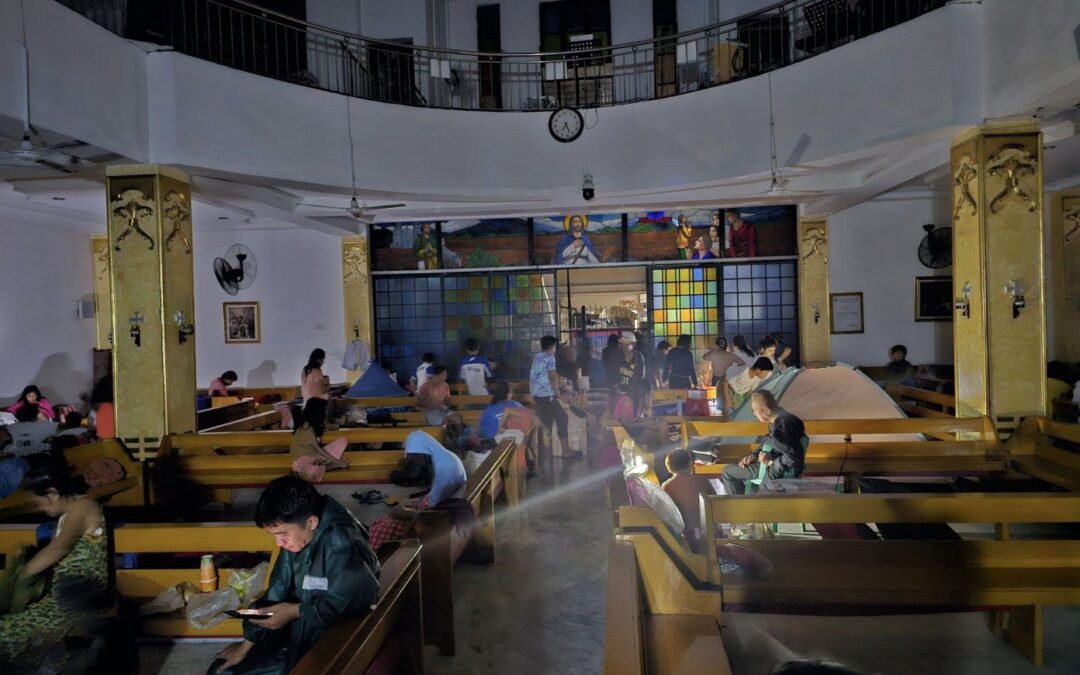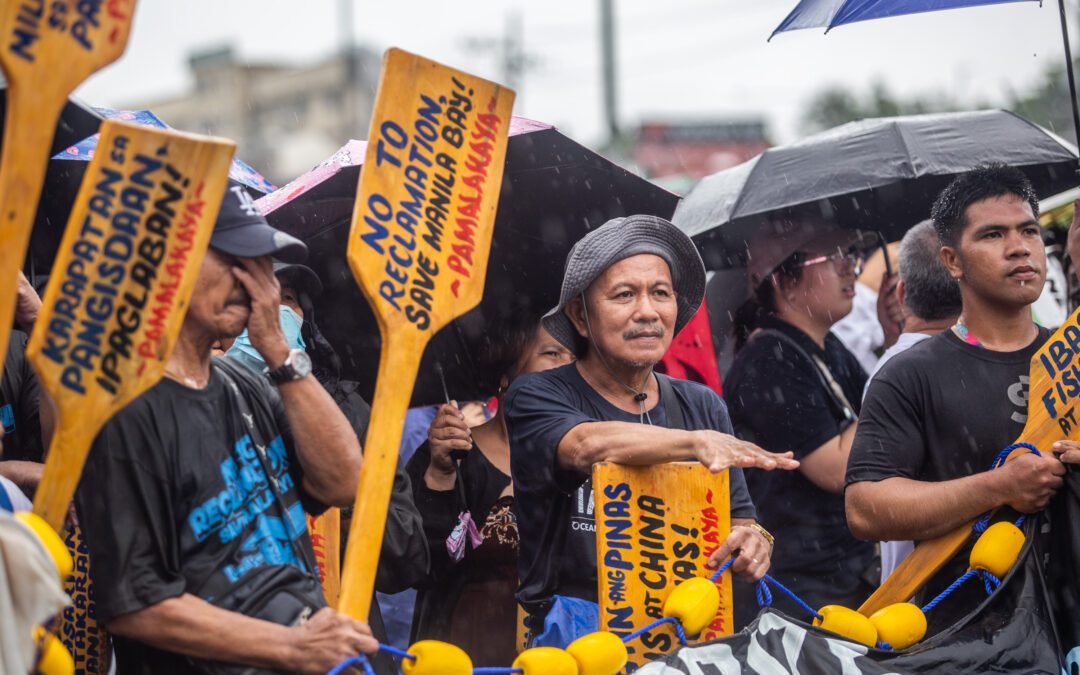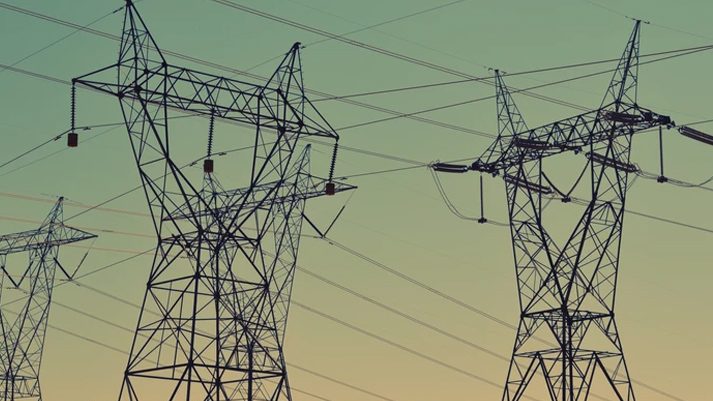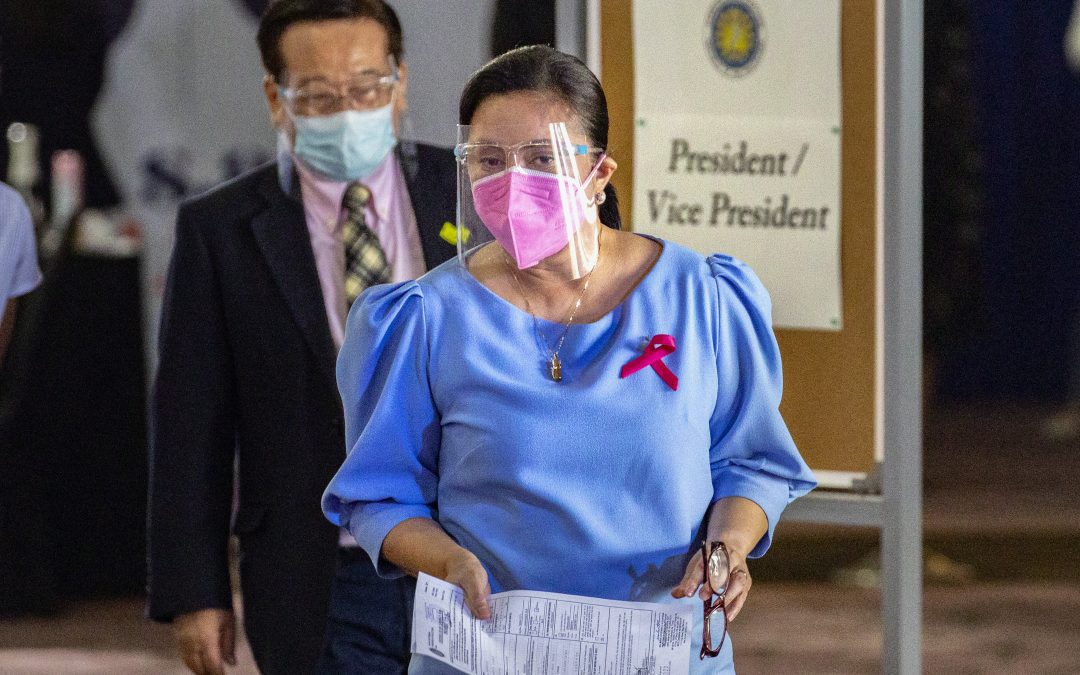Greenpeace Philippines urged the government to update the country’s air quality standards following Tuesday’s release of the World Health Organization’s new guidelines.
In 2020, Metro Manila recorded 13 µg/m3, exceeding the new standards by nearly three fold.
Greenpeace said that the data is a conservative estimate given the lack of adequate air pollution monitoring in the Philippine capital.
WHO has set more stringent limits on PM2.5 and PM10, ozone, nitrogen dioxide, sulfur dioxide and carbon monoxide.
Notably, the prescribed new limits for PM2.5 is 5 µg/m3 (micrograms per cubic meter) for the one year average level, and 15 µg/m3 for the short term 24-hour average level.
The Environment department’s acceptable values for PM2.5, updated in 2020, sets the limit for PM 25 at 25 µg/m3 for the long term one year average level, and 35 µg/m3 for the short term 24-hour average level.
Analysis of PM2.5 data aggregated by IQAir found that air quality in Metro Manila failed to meet these new limits in all of the world’s 100 biggest cities last year.
Greenpeace said the new standards present a clear case for the immediate phase out of fossil fuels.
Air pollution from fossil fuels—primarily coal, oil, and gas—is attributed to cause an estimated 27,000 premature deaths per year in the Philippines, and can cost the country up to approximately 1.9% of GDP in economic losses annually according to a 2020 study.
Greenpeace is calling on the Department of Environment and Natural Resources to adopt the new limits and expedite the review of the country’s air quality standards, which have largely remained the same since 1999.
“The new WHO guidelines affirm that air pollution, even at low levels, has serious impacts on health,” said Greenpeace Campaigner Khevin Yu.
“The DENR can’t continue sitting on outdated standards at a time when we need to be protecting people’s health and saving lives,” he said.
“The work, however, does not stop at setting stricter limits. Putting in place and implementing policies to reduce pollutant emissions is key,” said Yu.
“This is a wake-up call for both the government and private companies that continued use of fossil fuels is harmful to human health,” said Greenpeace’s Yu.
“A just transition to renewable energy does not only protect the climate, it also protects people,” he said.






0 Comments